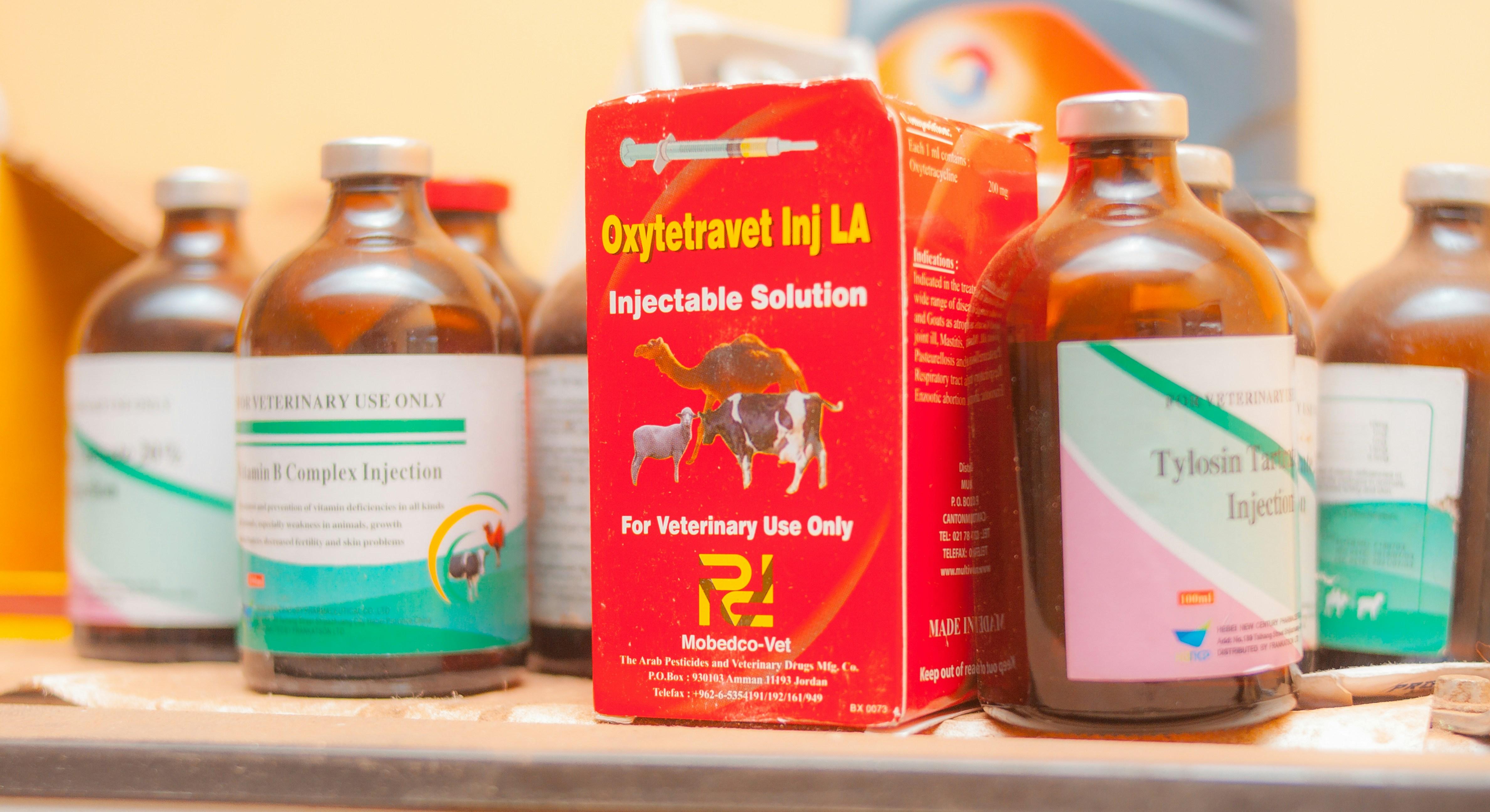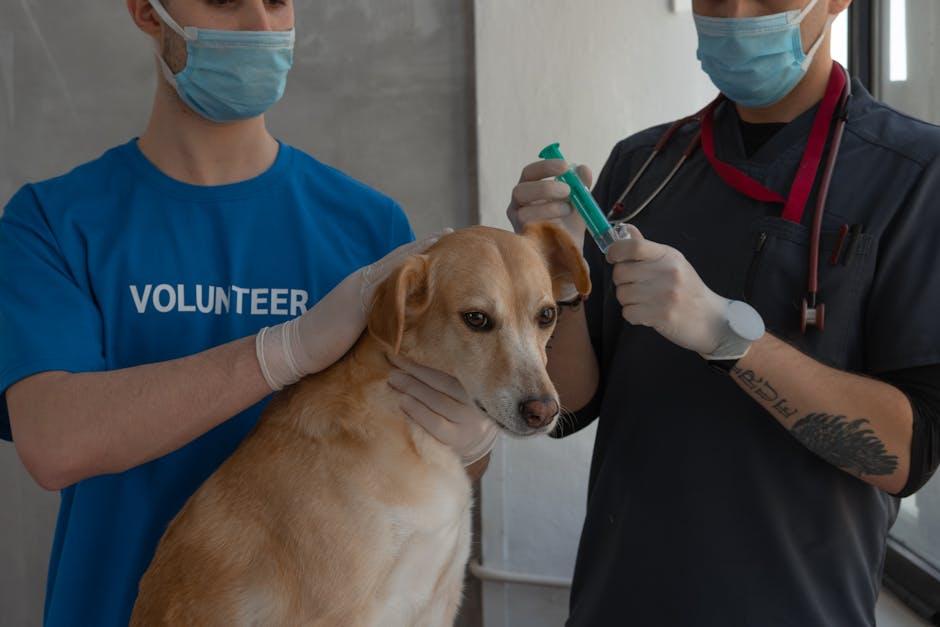In the cozy corners of our homes, where wagging tails and gentle purrs bring warmth to our hearts, the health of our beloved pets is a top priority. Yet, as we navigate the vast world of veterinary care, a pressing question quietly paws at our minds: Are we at risk of over-medicating our furry companions for common health conditions? This article delves into the delicate balance of pet healthcare, exploring how well-intentioned treatments can sometimes lead to unintended consequences. Join us on a journey through the realm of pet wellness, where understanding and compassion guide us in making the best choices for our four-legged family members.
Understanding the Balance: Navigating Pet Medications
Finding the right treatment for our furry friends involves understanding both the benefits and risks of medications. With a myriad of options available, it’s easy to fall into the trap of over-medicating. While medications can be life-saving, overuse might lead to unintended side effects or complications. It’s crucial to maintain a balance by considering the specific needs of your pet and consulting with your veterinarian.
To navigate this delicate balance, consider the following:
- Consultation: Always discuss with your vet before starting or adjusting any medication.
- Observation: Keep a close eye on any changes in behavior or health after medication is administered.
- Education: Understand the purpose and potential side effects of each medication.
- Alternatives: Explore non-medication options like lifestyle changes or natural remedies.
By being proactive and informed, you can ensure that your pet receives the care they need without unnecessary risks.

Spotlight on Common Conditions: When Less Is More
In the realm of pet care, there’s a growing conversation around the potential pitfalls of over-medicating our furry friends. Many common conditions, such as mild allergies or minor digestive issues, might not require an immediate prescription. Instead, embracing a more conservative approach can often be beneficial. Veterinarians are increasingly recommending alternative strategies that focus on lifestyle and dietary adjustments, allowing pets to heal naturally.
Consider these thoughtful approaches before reaching for medication:
- Dietary Changes: Simple modifications can address issues like skin irritations or digestive discomfort.
- Environmental Adjustments: Reducing exposure to allergens can significantly impact a pet’s well-being.
- Natural Supplements: Many pets benefit from herbal remedies or supplements that support immune health.
By prioritizing these gentle methods, we can often find that less is indeed more, fostering a healthier and more balanced life for our beloved pets.

Veterinary Voices: Insights on Safe Treatment Plans
In our quest to provide the best care for our furry companions, it’s easy to overlook the potential pitfalls of over-medicating. While medication can be crucial for treating ailments, an excess can lead to unintended consequences. Veterinarians stress the importance of personalized treatment plans that focus on the specific needs of each pet. Over-medication risks include:
- Adverse side effects that may worsen the pet’s condition.
- Resistance to treatments, making future interventions less effective.
- Increased stress on organs such as the liver and kidneys.
Veterinary experts suggest a balanced approach, incorporating alternative therapies and regular monitoring to ensure the well-being of pets. Collaborating with your vet to tailor a treatment plan can make a significant difference in maintaining your pet’s health and happiness.

Empowering Pet Owners: Making Informed Health Decisions
When it comes to our furry companions, we naturally want the best for their health and well-being. However, in our eagerness to protect them, there’s a potential pitfall: over-medicating. It’s crucial to strike a balance between proactive care and cautious treatment. Overuse of medications can lead to unintended consequences such as resistance, side effects, or masking underlying issues.
- Awareness is key: Understanding the specific needs of your pet can prevent unnecessary treatments.
- Consult your vet: Always discuss the risks and benefits of any medication plan with a professional.
- Consider alternatives: Sometimes lifestyle changes, diet adjustments, or natural remedies can be effective solutions.
By staying informed and mindful, pet owners can ensure their beloved animals receive the care they truly need without the risks of over-medicating.


































